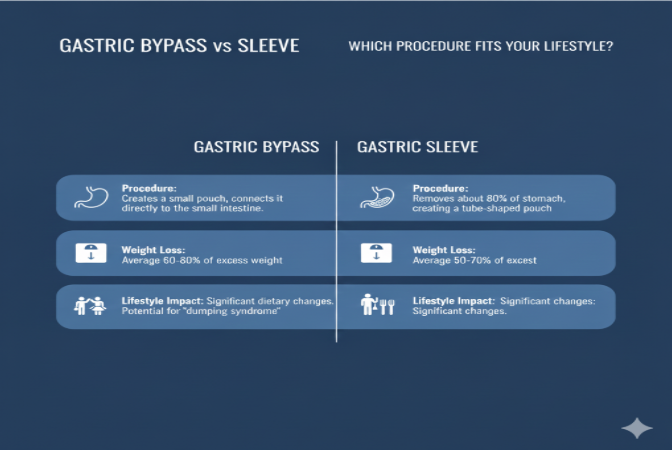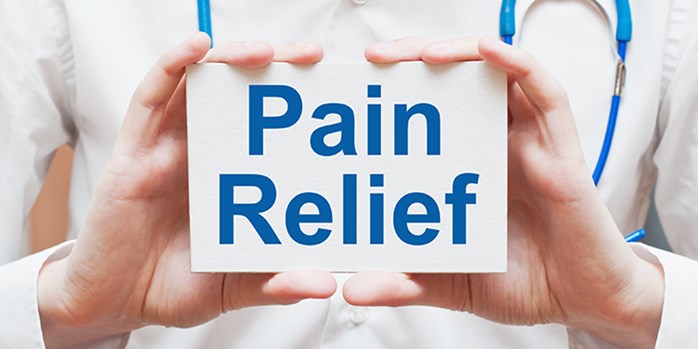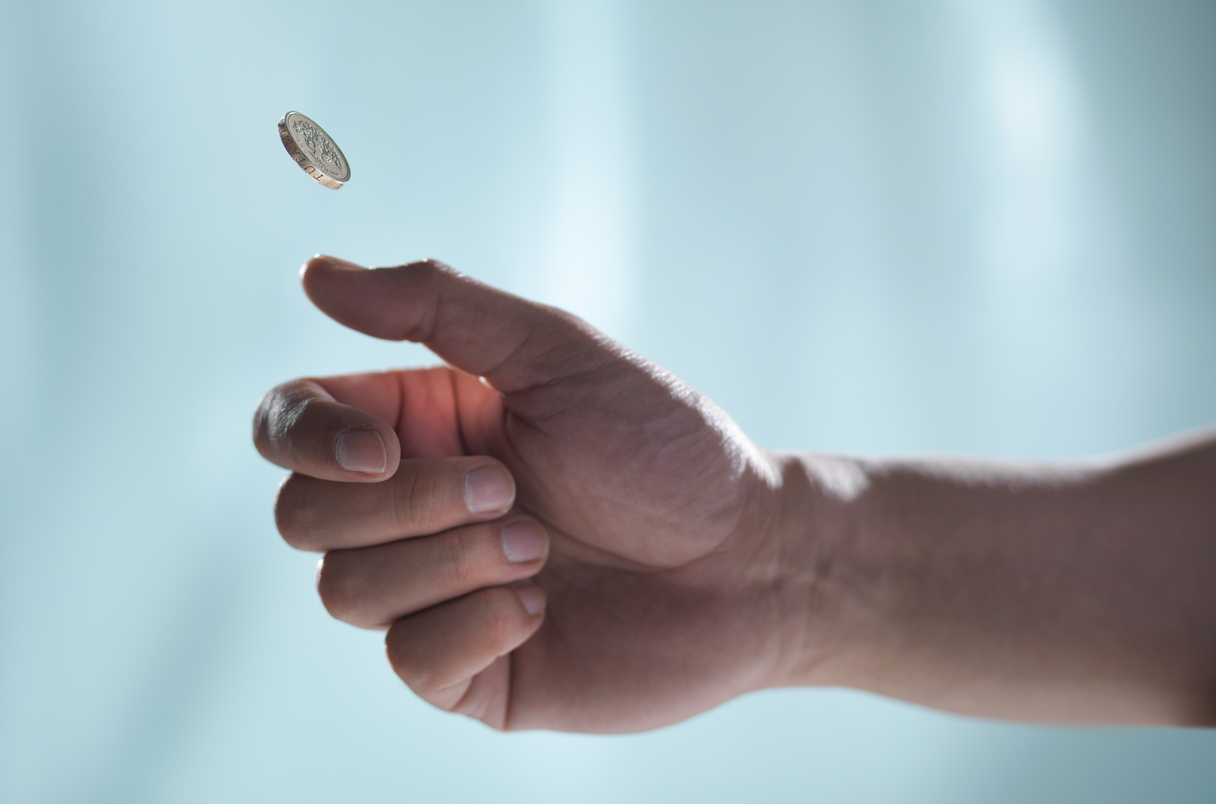Dealing with stress has become a common problem for most individuals these days. The demands of work, family, and other commitments are slowly taking a toll on mental and physical health. To manage stress, people are gradually inclining towards reliable traditional medical approaches, like acupuncture. In fact, the demand for acupuncture services has risen to the extent that acupuncture clinics in Carlingford report daily appointment bookings. If you want to learn how acupuncture can help with stress reduction, continue reading.
This article explores the pivotal role of acupuncture in stress reduction, unveiling how this ancient practice can be your ally in the battle against stress. First, let’s understand what is stress and how it affects you mentally and physically.
Understanding Stress
Stress is similar to our body's automatic response mechanism when faced with life's challenges. Picture it as a built-in survival toolkit passed down through generations. Back in ancient times, this mechanism proved invaluable in gearing our ancestors up for swift action during moments of danger.
Today, chronic stress has barged in uninvited, becoming a persistent, unwelcome companion that gradually chips away at our mental and physical well-being.
The ceaseless demands of modern living can strain our relationships, undermine our health, and diminish the overall quality of our lives. Here acupuncture, a timeless source of hope, offers a holistic approach to lighten the burden of stress in a rapidly changing world.
The Role of Acupuncture in Stress Reduction:
Acupuncture, an integral part of traditional Chinese medicine, takes a holistic approach to easing stress, going beyond its well-known pain-relieving abilities. Let's explore how this ancient practice works its magic:
? Balancing Qi Energy: In traditional Chinese medicine, stress is often regarded as a disruption in the smooth flow of Qi, the fundamental life force within our bodies. Acupuncture steps in as a harmonising force, endeavouring to restore this balance by activating specific acupuncture points. This gentle stimulation serves as a catalyst, prompting the release of endorphins, the body's natural mood elevators and pain relievers. This ultimately enhances the overall well-being of an individual along with dealing with stress.
? Supporting the Nervous System: Acupuncture soothes the body's alert and active state, while simultaneously bolstering the system responsible for bringing calm and serenity. This harmonious interplay creates a soothing rhythm that resonates through our entire being, alleviating stress and nurturing an enduring sense of inner tranquillity.
? Enhancing Sleep Quality: Chronic stress often sabotages our sleep patterns, trapping us in a vicious cycle. Acupuncture addresses sleep disturbances by inducing relaxation and restoring the body's natural sleep-wake cycle, leading to better sleep quality. This improved sleep quality will ultimately lead to improving your overall well-being.
? Relief from Muscle Tension: Physical manifestations of stress often manifest as muscle tension and discomfort. Acupuncture can alleviate muscle knots and stimulate blood circulation, relieving these physical symptoms.
Acupuncture for Stress:
Let's understand what a typical acupuncture session for stress reduction includes so that you can prepare yourself well in advance:
? Initial Consultation: Your journey at the Acupuncture Clinic Carlingford commences with a comprehensive consultation. This vital step enables the skilled acupuncturist to understand your unique stressors and overall health.
? Needle Placement: The next phase involves precisely inserting sterile, ultra-thin needles into specific acupuncture points on your body. Most individuals describe this process as virtually painless.
? Moments of Tranquility: Once the needles are in place, you are encouraged to relax and allow the acupuncture to work its magic. Sessions usually last around 30 minutes, providing a welcome escape from the chaos of daily life.
? Follow-Up Sessions: The number of recommended sessions after your initial acupuncture experience depends on your unique requirements and the level of stress you're dealing with. These follow-up sessions are designed to help you fully tap into the benefits of acupuncture for stress reduction.
Conclusion:
Acupuncture offers a safe and effective avenue to combat stress, nurturing both mental and physical well-being. By addressing the root causes of stress and fostering relaxation, acupuncture empowers individuals to navigate life's challenges with resilience. So, embrace the wisdom of this time-honoured practice and embark on your journey to tranquillity.
Remember, while stress may be an inevitable part of life, acupuncture offers a potent means to regain control. Take that crucial first step toward a stress-free future and unlock the transformative potential of acupuncture for stress reduction.

 Daniel
Daniel









